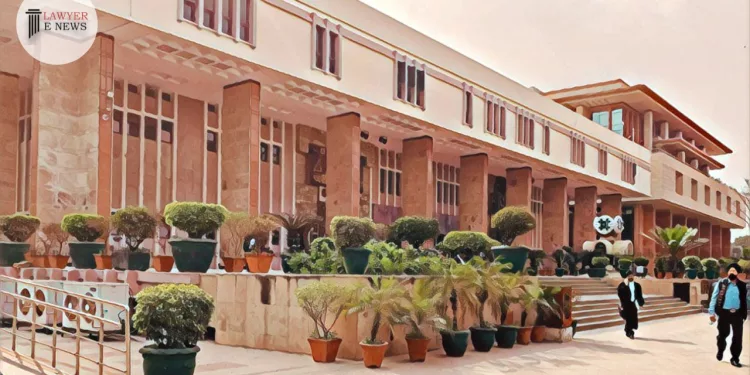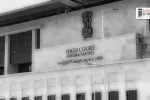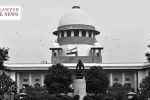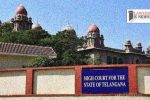Delhi High Court Orders Immediate Removal of Unauthorized Court Recordings, Citing Violation of Video Conferencing Rules

Unauthorized audio/video recordings involving Delhi CM Kejriwal must be removed from social media platforms, orders the Court.
In a significant ruling, the Delhi High Court has directed social media platforms to remove unauthorized audio and video recordings of court proceedings involving Delhi Chief Minister Arvind Kejriwal. The bench, comprising Justices Neena Bansal Krishna and Amit Sharma, highlighted the violation of the Delhi High Court Video Conferencing Rules, 2021, and emphasized the need to prevent the re-uploading of such content until further orders.
The court noted a prima facie violation of Rule 3(vi) of the Delhi High Court Video Conferencing Rules, 2021. The rule explicitly prohibits the unauthorized recording and dissemination of court proceedings. “The court proceeding recording is violative of Rule 3(vi) of Delhi High Court Video Conferencing Rules, 2021, and cannot be permitted to remain in the public domain,” observed the bench.
The court directed major social media platforms, including X (formerly Twitter), Meta (formerly Facebook), Instagram, and YouTube, to remove the identified recordings immediately. The specific URLs listed in the court order must be taken down, and measures should be implemented to prevent the re-uploading of these recordings until further orders.
The petitioner, advocate Vaibhav Singh, argued that the unauthorized recordings were part of a conspiracy to malign the judiciary and mislead the public. Singh contended that the recordings, which involved a detailed account by CM Kejriwal during his production in court in connection with the Delhi Liquor Policy scam, were deliberately circulated on social media to manipulate public perception.
The court granted interim relief to the petitioner, ordering the removal of specific URLs and directing social media platforms to ensure the recordings are not re-uploaded. “The Social Media platforms namely X (formerly Twitter), Meta (formerly Facebook), Instagram, and YouTube are hereby directed to remove forthwith the audio/video recording from their respective platforms,” the court directed.
Notice of the petition has been issued to the remaining respondents, with instructions for service through ordinary post and electronic mode. The case has been listed for further hearing before the Roster Bench on July 9, 2024.
The court underscored the importance of adhering to established rules governing the conduct of virtual court proceedings. Unauthorized recordings not only violate these rules but also compromise the integrity of the judicial process. By enforcing strict compliance with the Delhi High Court Video Conferencing Rules, the court aims to uphold the sanctity of judicial proceedings.
Justice Neena Bansal Krishna remarked, “The unauthorized recording and dissemination of court proceedings are a direct violation of the established rules and undermine the integrity of our judicial process.”
The Delhi High Court’s decision to remove unauthorized court recordings sets a precedent for maintaining the confidentiality and integrity of judicial proceedings in the digital age. This ruling reinforces the importance of adhering to video conferencing rules and serves as a warning against attempts to manipulate public perception through unauthorized means. The court’s directives are expected to have a lasting impact on how court proceedings are conducted and disseminated in the future.
Date of Decision: June 15, 2024
Vaibhav Singh vs. Sunita Kejriwal & Ors.






